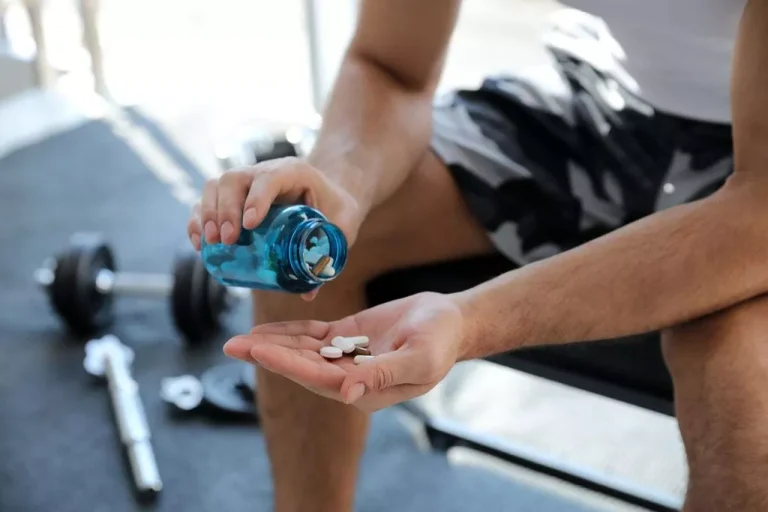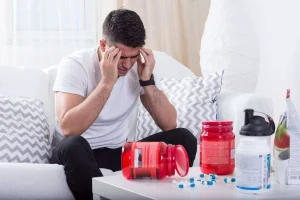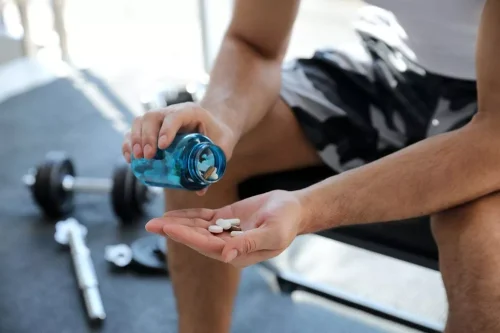Possible effect of the ingestion of alcohol on allergic rhinitis

This will help to reduce the number of histamines in your system and make it less likely that they’ll trigger a sneeze. Yes, individuals with pre-existing allergies sneezing after drinking alcohol or sensitivities to certain substances may be more prone to sneezing after drinking alcohol. The sneezing reflex after drinking alcohol is primarily caused by vasodilation, which increases the sensitivity of the nerve endings in your nasal passages.
Headaches or Migraines

Few things can be more frustrating than enjoying a drink with friends only to be interrupted by incessant sneezing. Alcohol-induced sneezing is a peculiar phenomenon that affects a small percentage of individuals. While the exact cause is not fully understood, several theories attempt to explain why some people experience this reaction. =https://ecosoberhouse.com/ In this article, we will explore the possible reasons behind why you may sneeze after drinking alcohol.

Choose a Reddit account to continue
- Additionally, alcohol can worsen existing allergic reactions as it suppresses the body’s ability to fight off foreign substances.
- They will be able to provide the best advice for treating any underlying medical condition.
- Although not a true allergy, in some cases, what seems to be alcohol intolerance might be your reaction to something in an alcoholic beverage — such as chemicals, grains or preservatives.
Unfortunately for wine-lovers, there’s a lot of things in wine that can cause negative reactions or intolerances. No, alcohol-induced sneezing is a peculiar reaction that only affects a small percentage of individuals. Alcohol is a central nervous system depressant, which is why people feel sleepy after they’ve had a drink or two, and why drinking a “nightcap” before you go to bed can sound appealing. Applying a cold compress to your nose will help to soothe the mucous membranes in your nose and reduce inflammation. Rinsing your nose with salt water or a saline solution will help to soothe the mucous membranes in your nose and reduce inflammation.
Are certain alcoholic beverages more likely to trigger sneezing?
In very rare cases, sulfites may cause anaphylaxis, a severe allergic reaction. But not many people realize that there are many ingredients, additives, and preservatives within alcoholic beverages that can cause negative side effects. In some people, these reactions look like allergy symptoms even though they don’t have a true allergy to alcohol. An alcohol allergy involves an immune system overreaction to alcohol, which can cause widespread and sometimes life threatening symptoms. Anyone who experiences severe allergy symptoms after consuming alcohol needs to seek emergency care. In one 2005 Swedish study, those with asthma, bronchitis and hay fever were more apt to sneeze, get a runny nose or have “lower-airway symptoms” after a drink, especially women.
- However, it is important to choose non-drowsy antihistamines, especially if planning to continue daily activities.
- To reduce the risk of unpleasant reactions, it is important to be aware of any potential triggers and take steps to avoid them.
- Sunset works with the body to break down alcohol quickly and effectively, so you don’t experience the negative symptoms.
- Additionally, when you consume alcoholic beverages, your blood vessels widen and cause more blood to flow to the nasal tissues, leading to additional swelling.
People who are histamine intolerant can develop symptoms such as sneezing, nausea, vomiting, and headaches after drinking alcohol. Histamine intolerance is caused by a lack of an enzyme called diamine oxidase (DAO). This causes the body to be unable to break down and clear out excess histamines in the body. One of the most common signs of alcohol intolerance is reddening of the face, which happens when “people are missing a key enzyme needed to break down alcohol,” Dr. Elliott says. “This results in flushing of the face, and feeling the symptoms of alcohol intoxication with lower amounts of it.” If you think you might have alcohol intolerance, you can weigh the pros and cons — depending on the severity and cause of your symptoms — and simply have fewer drinks.

Your doctor or allergist will likely perform a skin test in order to determine what component of wine you are allergic to. Once the allergen has been identified, your doctor can help you develop a plan of action to manage your allergy in the Sober living house future. White wine has been around for centuries and is enjoyed by many people worldwide. It is typically lighter and sweeter than red wine, but some may find that it can cause sneezing or other irritation.
- A study assessed the histamine levels in 17 beers, and the results ranged from 21 to 305 micrograms per litre.
- This effect can also make you feel hot when you drink alcohol, but it can also lead to short-term nasal congestion.
- Symptoms may include hives, swelling, difficulty breathing, headaches, nausea and vomiting.
- It helps to remove harmful bacteria, unwanted tannins and other impurities from the liquid before it can be consumed.
- It is important to be aware of any symptoms you may experience after consuming alcohol.

دیدگاهتان را بنویسید